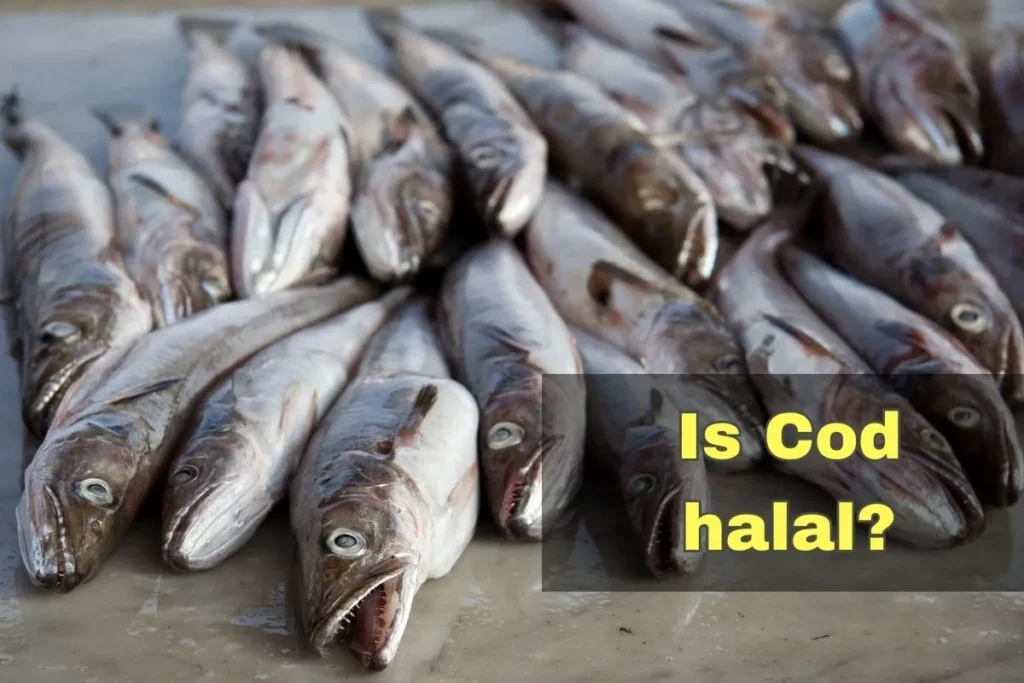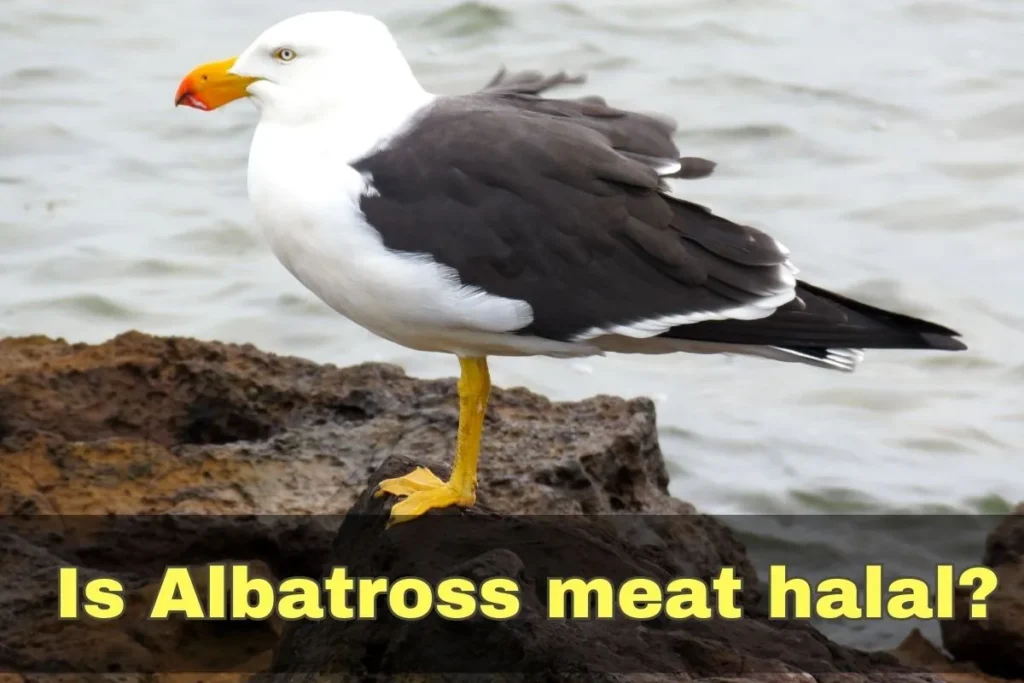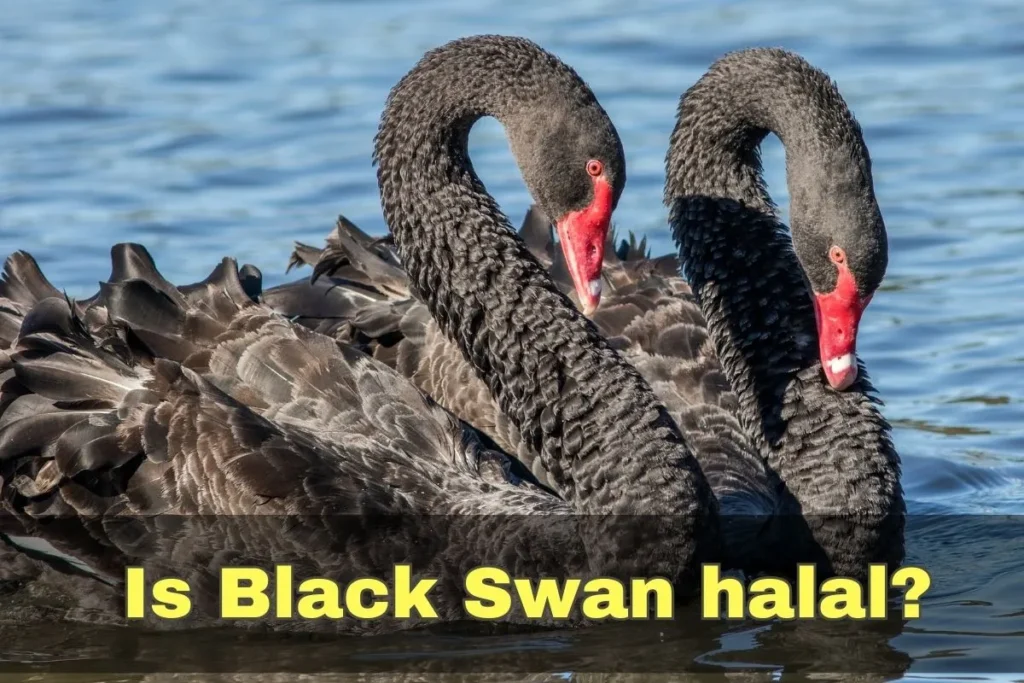When it comes to seafood, there can be confusion due to differences in regional customs and traditional interpretations. One particular type of fish that has been the subject of some debate is cod. So, is cod fish halal? Let’s delve into the Islamic perspective on this issue.
Key Takeaways
| 📌Cod is Generally Halal: Cod fish, also known as Atlantic cod, is generally considered halal (permissible) for Muslims to eat. It doesn’t fall into the category of prohibited foods according to Islamic dietary guidelines. |
| 📌 Islamic Guidelines: In Islam, most foods are considered halal unless specifically mentioned as haram (forbidden) in the Quran or Hadith (teachings of Prophet Muhammad). Cod is not mentioned as haram, so it is allowed to consume. |
| 📌 Environmental Consideration: While cod is halal, it’s essential to consider the environmental impact of fishing practices. Some cod populations are severely depleted due to overfishing. Muslims should prioritize sustainability and make responsible seafood choices. |
About Cod
Cod is a popular species of saltwater fish that belongs to the genus Gadus and family Gadidae. Also known as Atlantic cod, it is widely distributed throughout the North Atlantic Ocean and is one of the most commonly consumed types of fish worldwide.
Although many other fish species such as haddock and hake are sometimes marketed together with cod, they differ in texture, taste, and appearance. As part of the haddock family (Gadiformes), cod share some physical similarities with other members of their taxonomy group.
Hake generally has darker skin than cod which tends to have a yellow-green hue. They also feature larger mouths equipped with sharp, curved teeth. While hake specimens reaching lengths greater than six feet have been found, the average size hovers closer to three feet.
Like all living organisms, eating habits evolved over time, and humans have developed different ways of preparation depending on culture and geographic location. For instance, a variety of cooked dishes involving cod exist in European cultures, while Pacific Islanders use fresh and preserved cod in a range of recipes from chowders and pastries to cakes and puddings.
In fact, cod liver oil was an important source of vitamins A and D during winter in old Europe before modern chemistry made possible mass production of dietary supplements. Moreover, fish sauce, fermented fish paste, and fishcake are common preparations in Asian cuisines.
Interestingly enough, some countries like Iceland consume cod raw after drying as a snack called “hardfiskur” which might seem unappetizing to others but is actually a well-known ingredient for sandwiches.
Determining Halal & Haram
According to Islamic legal principles, food is deemed permissible, or halal, unless there is clear evidence indicating otherwise. The rationale behind this approach is rooted in the belief that what God creates is inherently pure and good unless proven harmful.
يَـٰٓأَيُّهَا ٱلنَّاسُ كُلُوا۟ مِمَّا فِى ٱلْأَرْضِ حَلَـٰلًۭا طَيِّبًۭا وَلَا تَتَّبِعُوا۟ خُطُوَٰتِ ٱلشَّيْطَـٰنِ ۚ إِنَّهُۥ لَكُمْ عَدُوٌّۭ مُّبِينٌ
“O humanity! Eat from what is lawful and good on the earth and do not follow Satan’s footsteps. He is truly your sworn enemy.”
To discern which sustenance is halal (permitted) in accordance with Islamic dietary restrictions, one must examine Al Baqarah (chapter 2) and al-Maidah (chapter 5) in the holy scripture of the Quran. By doing so, individuals can recognize substances that Allah has declared haram (forbidden) through His divine revelations.
وَأَنفِقُواْ فِي سَبِيلِ ٱللَّهِ وَلَا تُلۡقُواْ بِأَيۡدِيكُمۡ إِلَى ٱلتَّهۡلُكَةِ وَأَحۡسِنُوٓاْۚ إِنَّ ٱللَّهَ يُحِبُّ ٱلۡمُحۡسِنِينَ
“And spend of your substance in the cause of Allah, and make not your own hands contribute to (your) destruction; but do good; for Allah loves those who do good.
This verse exhorts Muslims to care for their health and guard those close to them against any potential harm. Thus, consuming food or liquids that could cause detriment would go against this precept.
When following Islamic dietary requirements, particular types of animal flesh are considered unlawful, or haram, to eat. Examples include rotten or putrid cuts, ones emitting offensive odor, swine meat, animals who died not due to proper slaughtering procedures (zabiha), and blood itself :
حُرِّمَتْ عَلَيْكُمُ ٱلْمَيْتَةُ وَٱلدَّمُ وَلَحْمُ ٱلْخِنزِيرِ وَمَآ أُهِلَّ لِغَيْرِ ٱللَّهِ بِهِۦ وَٱلْمُنْخَنِقَةُ وَٱلْمَوْقُوذَةُ وَٱلْمُتَرَدِّيَةُ وَٱلنَّطِيحَةُ وَمَآ أَكَلَ ٱلسَّبُعُ إِلَّا مَا ذَكَّيْتُمْ وَمَا ذُبِحَ عَلَى ٱلنُّصُبِ
“Forbidden to you are carrion, blood, and swine; what is slaughtered in the name of any other than Allah; what is killed by strangling, beating, a fall, or by being gored to death; what is partly eaten by a predator unless you slaughter it; and what is sacrificed on altars.“
However, there exists an exemption for fish and grasshoppers, as mentioned in narratives connected to Prophet Muhammad ﷺ (peace be upon him) :
It was narrated from ‘Abdullah bin ‘Umar that the Messenger of Allah (ﷺ) said:
“Two kinds of dead meat and two kinds of blood have been permitted to us. The two kinds of dead meat are fish and locusts, and the two kinds of blood are the liver and spleen.”
Is Cod Halal in Islam?
Based on Sharia law, it is halal (permissible) for Muslims to partake of fish procured from seas or rivers, including cod fish. Provided they adhere to strict halal standards in cooking methods and prevent cross-contamination throughout handling and storage.
Find out more: Is clownfish halal?
Final Thought
While eating cod fish is allowed for Muslims, fishing practices around the North Atlantic cod have caused significant declines in its population. It is important for individuals to consider the environmental impact when choosing what fish to purchase.
Additionally, consumers should prioritize sustainability in order to preserve natural resources for future generations. By making responsible decisions about seafood choices, we can help protect marine ecosystems and ensure the long-term availability of freshwater resources.
Wallahu A’lam (Allah knows best)
FAQ
Is cod endangered?
The Atlantic cod populations in the Gulf of Maine and Georges Bank are severely depleted and continue to face severe challenges due to excessive fishing pressure. Both stocks are considered overfished and subject to overfishing according to the latest scientific data available through the National Oceanographic and Atmospheric Administration’s Stock SMART program.
Is cod healthy?
Cod offers you great amounts of pure proteins with lower levels of unhealthy fats, perfect for those focused on improving their cardiovascular system. Plus, this delicious fellowfish contains plenty of beneficial minerals such as iodine to keep your body’s metabolism and energy production running smoothly. A real nutritional powerhouse.
Is cod expensive?
The current market value for Atlantic Cod ranges from approximately $3.32 to $3.46 per kg and $1.51 to $1.57 per pound in 2023. These figures may vary depending on factors such as supply chain costs, global demand, and other industry variables.
- Is Pop Tarts Halal? What You Need to Know - February 18, 2024
- Are Graham Crackers Halal in Islam? - January 19, 2024
- Is Keebler Wheatables Halal? - January 18, 2024





